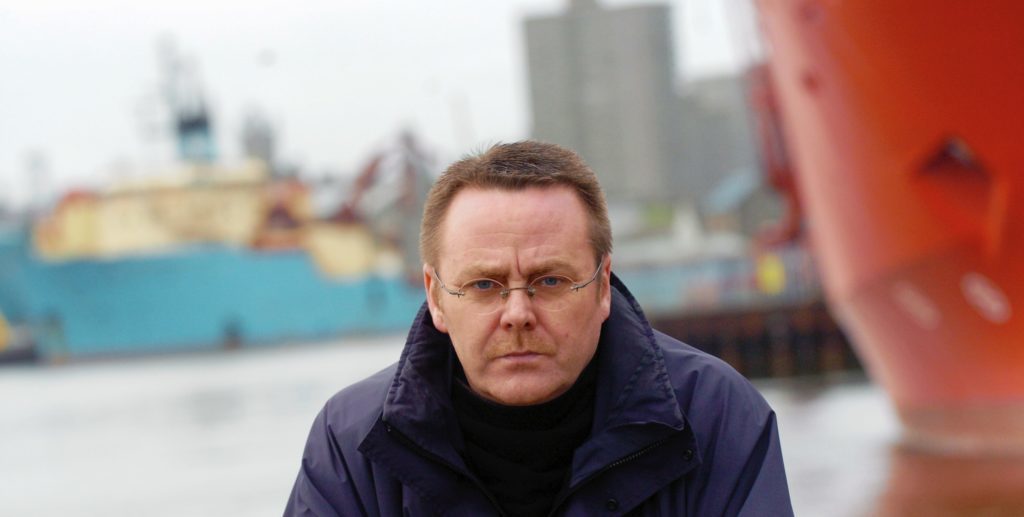
A union boss has hit out at claims there are not enough UK seafarers to staff offshore support vessels in the event of a “hard Brexit”.
Jake Molloy, regional organiser with RMT, has been responding to comments from the Emergency Response and Rescue Vessel Association that the industry is “greatly dependent” on eastern European crew members.
The ERRVA said a lack of access to workers in a no deal Brexit scenario would be “very detrimental” and that recruiting locally would be difficult.
However, Mr Molloy said he was “astonished” by these claims, adding that crews need to be paid more in order to bring in UK workers to the sector.
He said: “I’m astonished at those comments about there not being enough UK workers. There’s been thousands upon thousands of workers made redundant in the last three years, there are thousands of workers available.
“It’s nothing to do with a lack of seafarers, it’s that they can’t survive on these rates. That’s what’s wrong.”
Mr Molloy agreed that the sector has a high amount of eastern European workers, but strongly denied claims that there were not enough UK seafarers to fill any vacancies caused by Brexit.
He said that seafarers are currently paid the equivalent of around £3.60 per hour for the amount of time they work.
As of April, the UK minimum wage for people aged 25 or over is £7.83 per hour.
RMT is currently running a national “Save Our Seafarers 2020” campaign, aimed at protecting crews from unfair wages and to keep UK workers employed in the sector.
Mr Molloy added: “We visit the vessels. They have crews of guys form Latvia, Lithuania, Poland and we have no problem with these guys working in the sector but they are employed through the agencies and they are travelling to and from their home countries.
“What we’ve been campaigning for is a base minimum for the UK sector. Unions in other areas like Denmark, Norway and parts of Russia feel exactly the same way. It’s time we have what other parts of the developed world have like Canada and America.
“Our base level would be the national minimum wage of the UK, we’d prefer it to be the living wage but this at least would give seafarers a chance to pick up the work.
“There’s no chance right now at the current rates. “
Recommended for you

